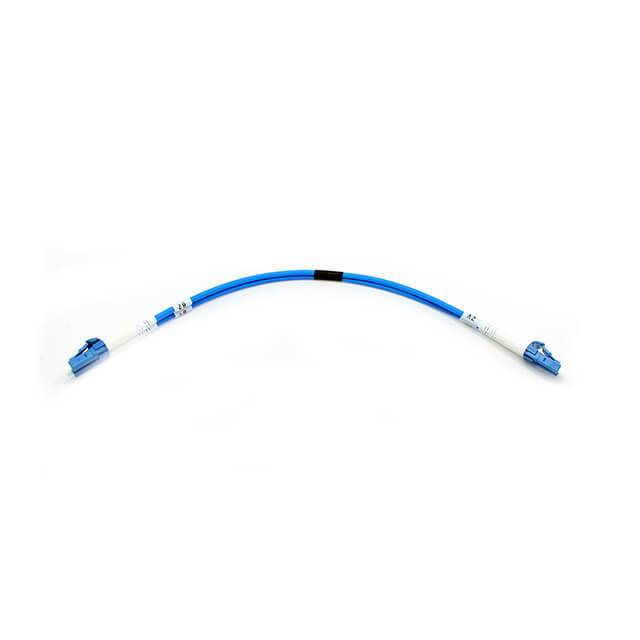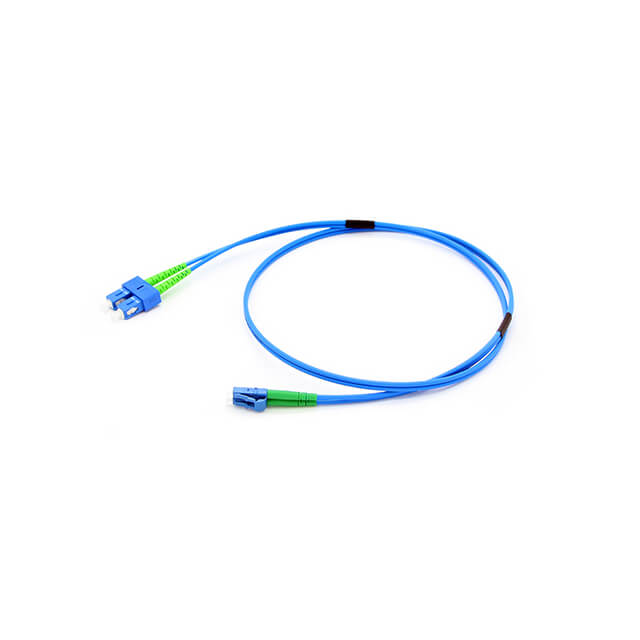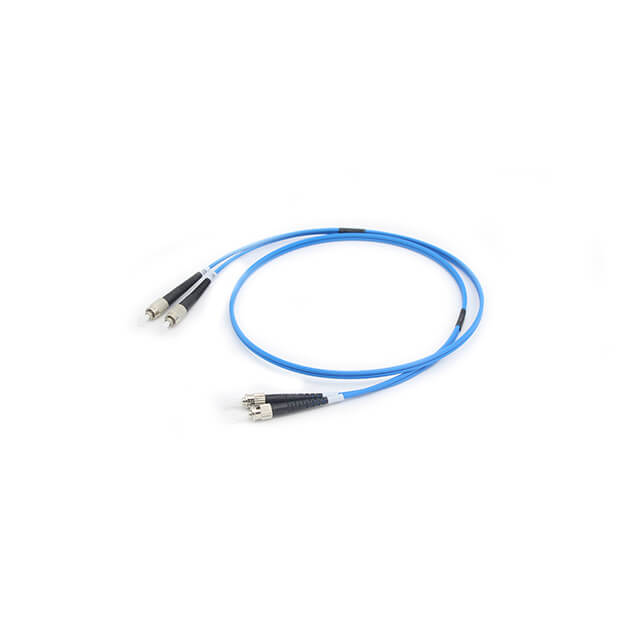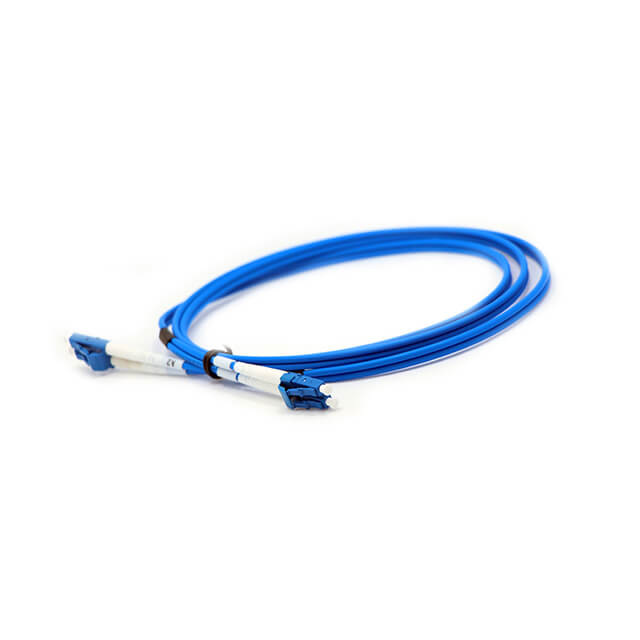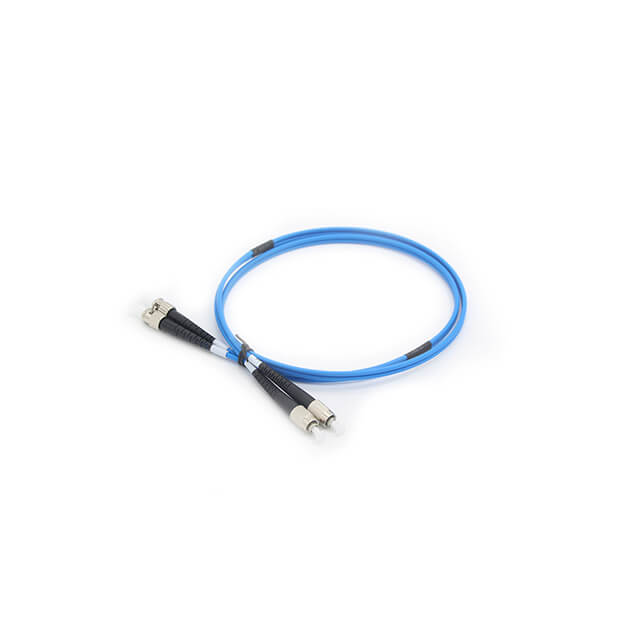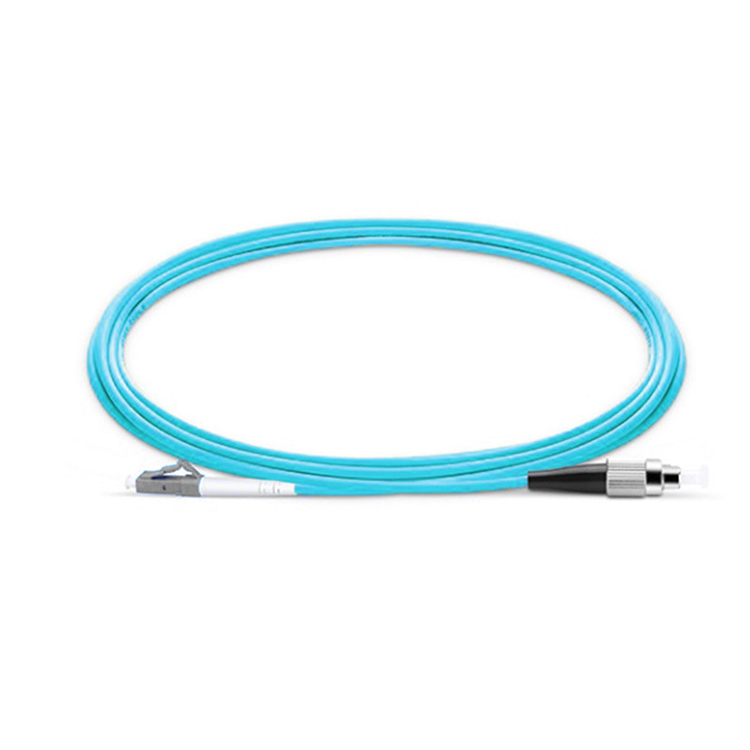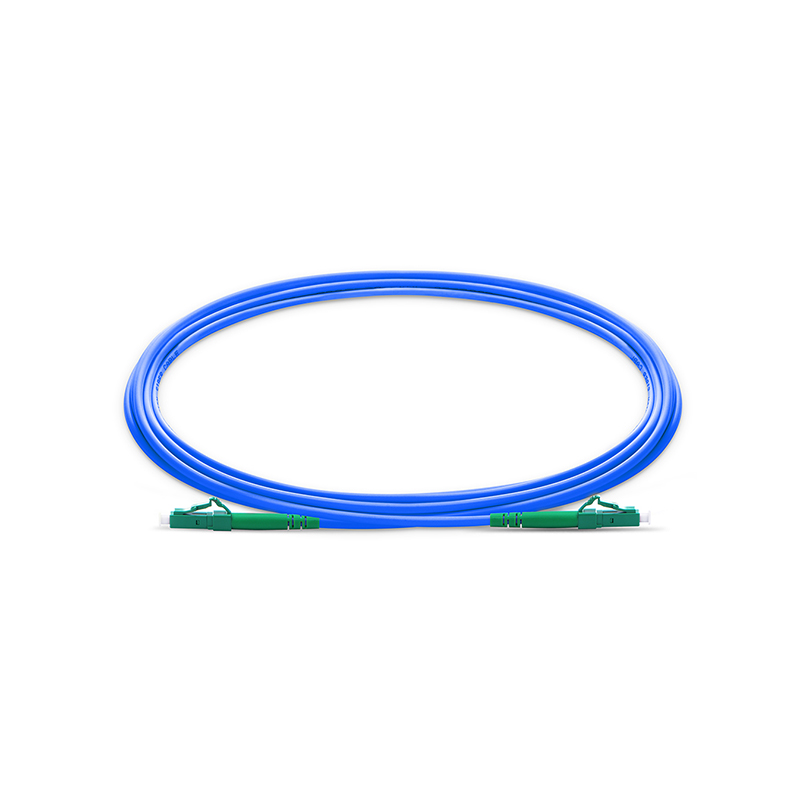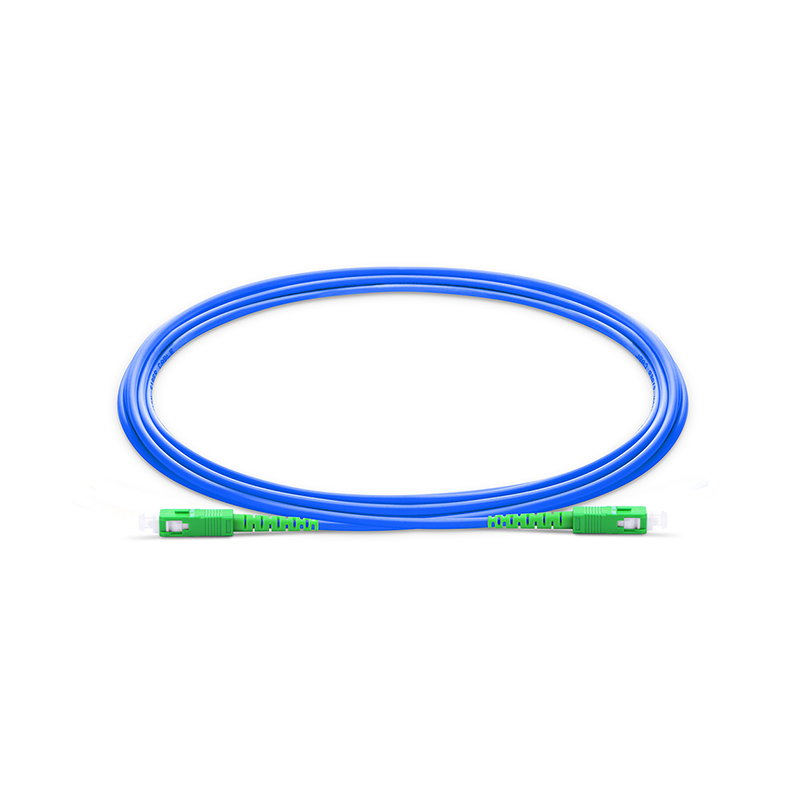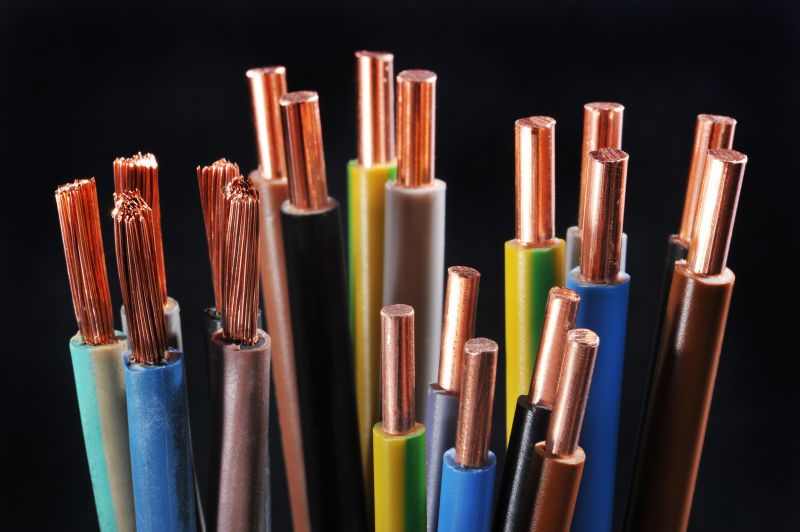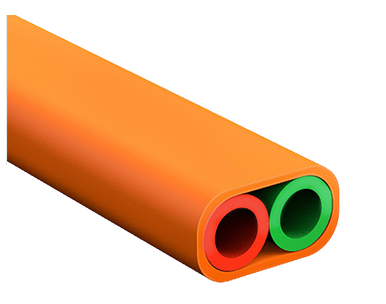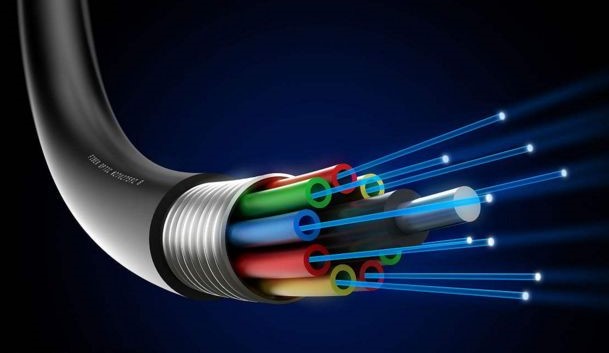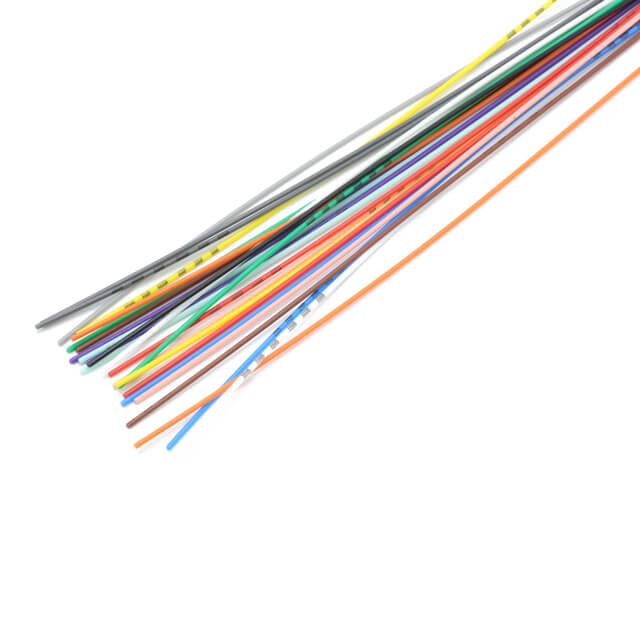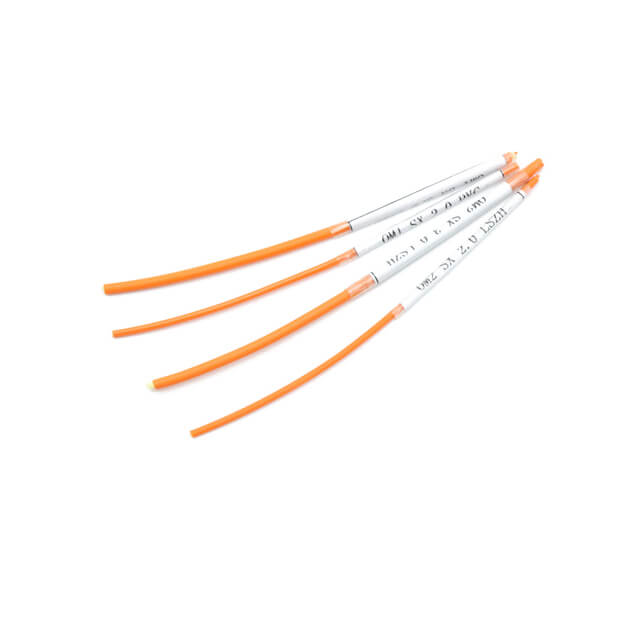
Armored Patch cord is a patch cord which could be used as cooper patch cable. They adopted a cable with soft metal protection tube and standard connector. The apply place are in the floor corner. Those products could protect the fiber bite by mouse and ant. Although armored fiber optic cables are strong, they are actually as flexible as standard fiber optic patch cords; they can be bending randomly without being broken. The rugged armored cables allow optical fiber to be installed in the most hazardous areas, including environments with excessive dust, oil, gas, moisture, or even damage-causing rodents.
Products Materials


Optical Specifications
| Fiber Connector | SC,LC,ST,FC,MU,E2000,MTRJ… | Polish |
PC,UPC,APC
|
| Fiber Mode | 9/125μm, 50/125μm, 62.5/125μm, | Jacket Color | SM:Yellow/Blue/White; OM1&OM2: Orange;
OM3:Aqua; OM4:Aqua/Violet/ Magenta
|
| Available boot | White 2.0mm/3.0mm | Wavelength | SM:1310/1550nm MM:850nm
|
| Cable Type | Simplex& Duplex | Jacket Material | LSZH/PVC/OFNR/OFNP |
| Insertion loss | ≤0.3dB(IEC Grade C) | Crush Resistance(N/100mm) | Long term 3000; short term:5000 |
Return loss
| SM UPC ≥ 50dB(min) SM APC ≥ 60dB(min) MM PC ≥ 35dB(min) | Interchangeability &Vibration | ≤0.2dB |
Tensile Strength(N)
| Long term 100; short term:200 | Operation&Storage temperature | -45~85°C |
Benefits of Armored Fiber Patch Cable
Common fiber optic cable is fragile, which needs to be protected, especially when in harsh applications where cables could be compromised by rodents, constant wear and tear or weather damage. Armored fiber patch cable retains all the features of standard fiber cable but is much stronger due to its extra layers of armor. With the protection of flexible and durable steel tube, armored fiber patch cable will ensure the excellent operation of your network.
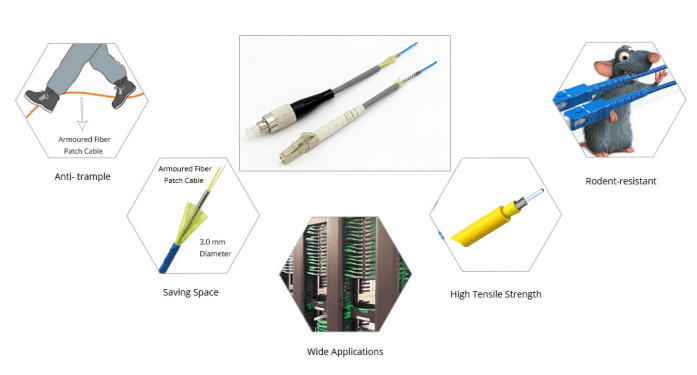
Ideal for harsh installation conditions that require exceptional durability. It is used as interconnection or cross connection in data center. It is also used in ceiling, corridor and other harsh environment.
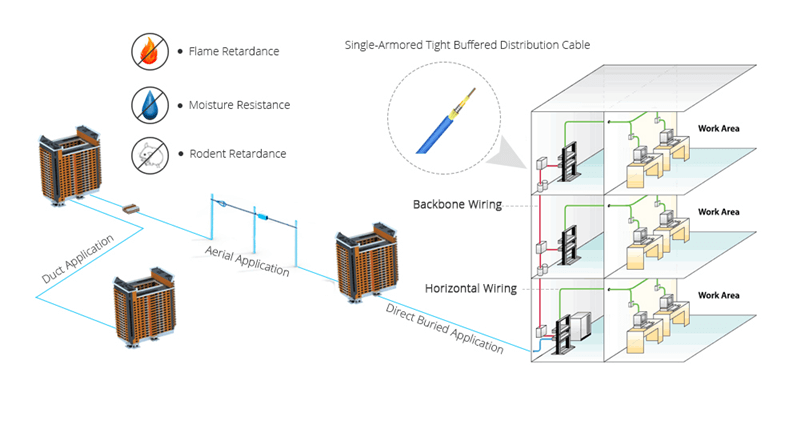
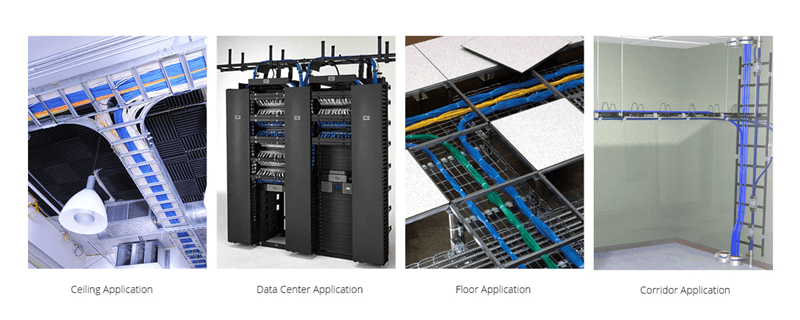
Length Tolerance
| Overall Length(L)(m) | length of tolerance(cm) |
| 0<L<1 | +5/-0 |
| 1<L<10 | +10/-0 |
| 10<L<40 | +15/-0 |
40<L
| +0.5% x L/-0 |
